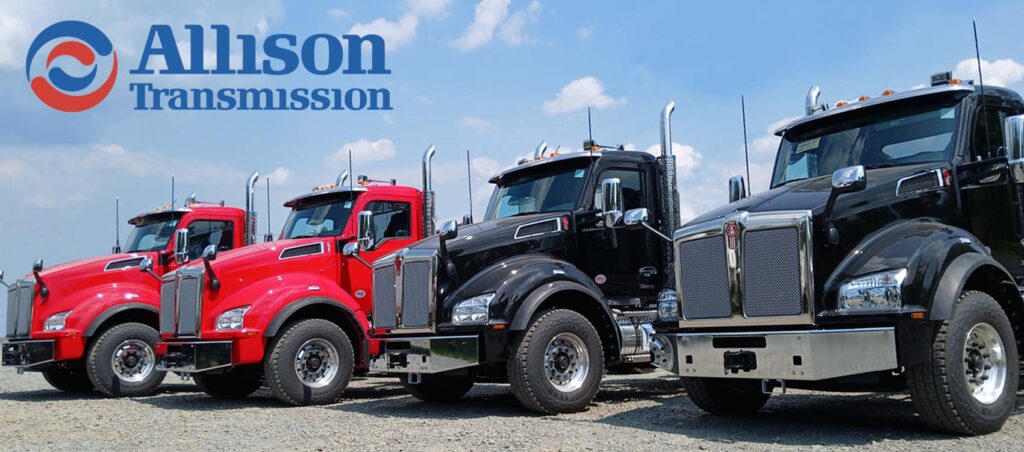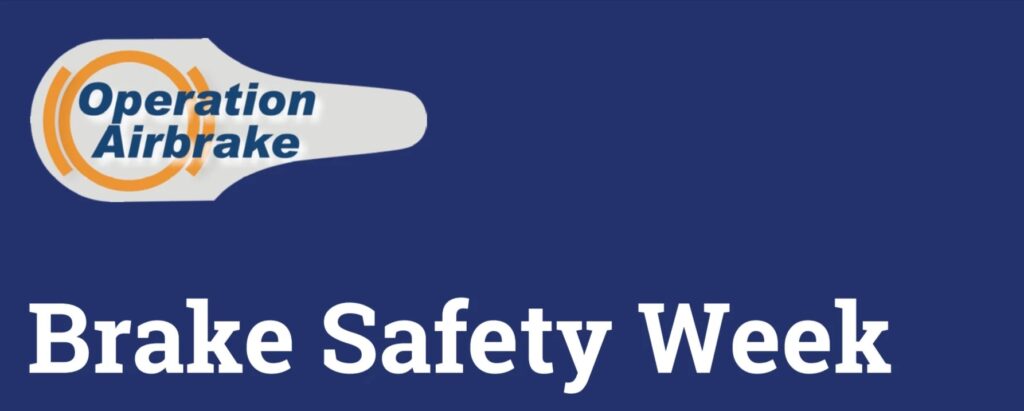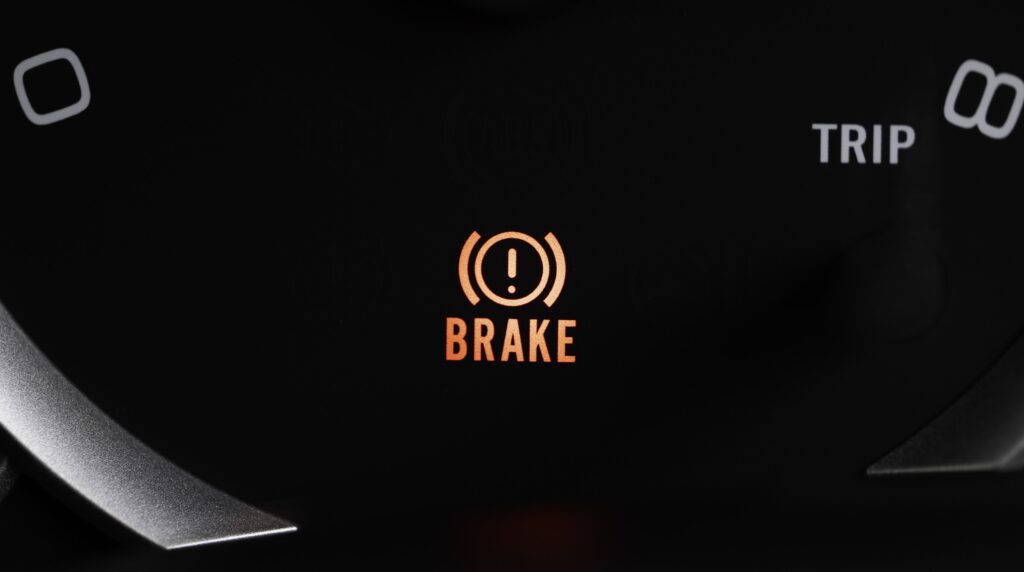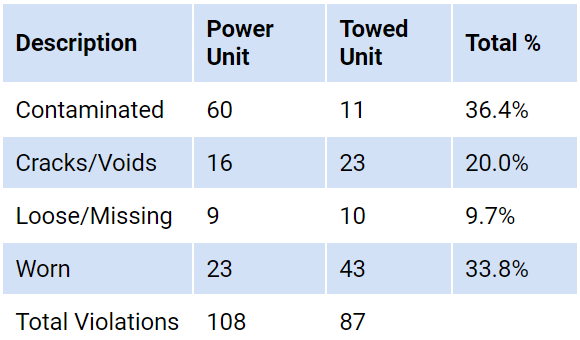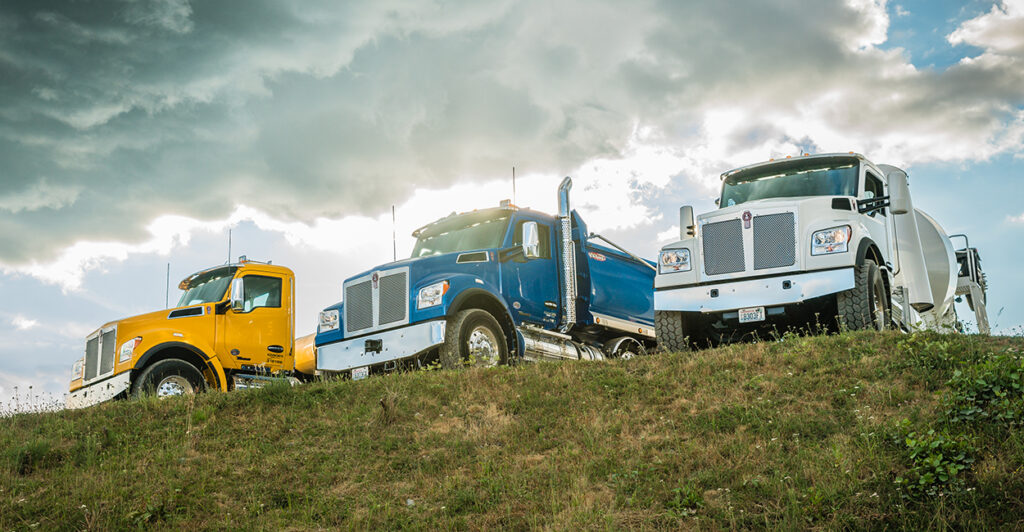Autumn Safety Tips for Truck Drivers
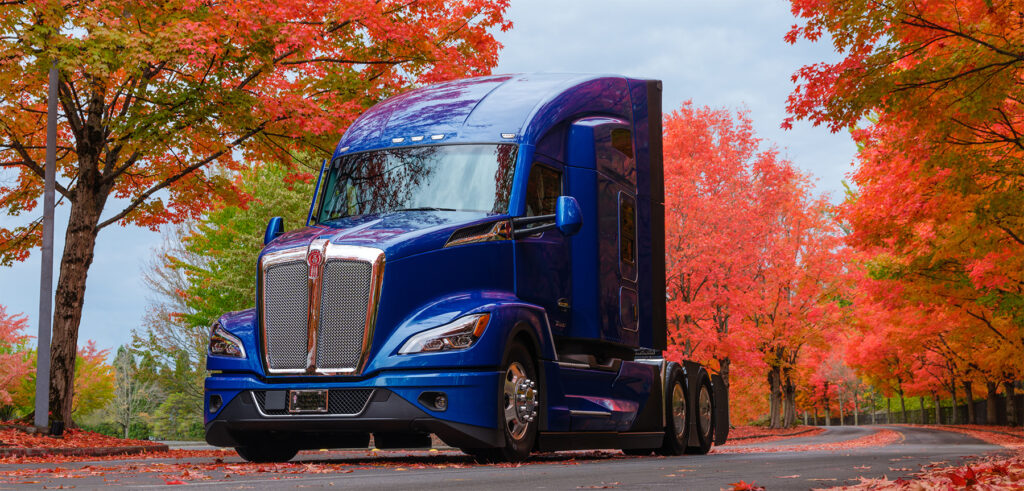
The first day of fall is quickly approaching which means it’s time to start readying your truck for the cooler months ahead.
Each season presents its own set of challenges that trucks and their drivers face on the road. As the temperature begins cooling down, it is important to gear up for the incoming frosty mornings, rainy weather, longer nights and shorter days.
Fall Trucking Safety Tips
Operational Lights
As daylight hours get shorter, your lighting use increases. It is important to ensure your headlights, taillights, and other lighting equipment are functioning properly. Early autumn is the ideal time to inspect and consider any necessary replacements. The two most common types of truck lights are LED and halogen. Each have their own set of advantages and disadvantages. You will want to choose lights that give you complete side-to-side views, rather than lights that only focus on what is straight ahead. Having operational lights are a must for detecting road signs, spotting wildlife, and guaranteeing you can see everything in front of and around you. Our Parts and Service teams are always ready to help you select the best lighting option for your truck.
Regardless of lighting type, it is a clear sign that it’s time for a replacement if your lights start to dim or flicker.
Helpful Tip: Turn on your low-beam headlights during foggy weather rather than your high-beams to improve visibility for you and other drivers.
Caution to Fallen Leaves
As the autumn leaves begin to fall, they can create dangerous road conditions for all drivers. Once fallen leaves hit wet pavements, roadways can become slippery, traffic lines and pavement markings can become indistinct. Leaves can also cover potholes, puddles, bumps, and other hazards. Even dry leaves can reduce tire traction.
Multiple cautions can be taken to reduce hazards when driving on leaf-covered roads. First, slow down and increase your following distance. Check all parts of your truck including the tires, brakes, and shock absorbers to make sure they are in good working condition. These steps will help you avoid unexpected collisions and road hazards like hydroplaning.
Helpful Tip: Before you head out on the road, inspect your tires’ condition and pressure to ensure optimal performance in wet conditions. Need new tires? Buy them here!
Prepare for Weather Changes
In most places, the return of autumn brings damp weather which means heavy rain and thick fog. Clear visibility becomes crucial for safe driving in these conditions. It’s essential that your wiper blades are functioning properly. Regularly inspect them for signs of wear or damage, such as cracks, tears, or missing pieces of rubber. If the blades leave streaks or smears across your windshield, they are likely worn out. Additionally, if the blades skip, vibrate, or make a chattering noise when in use, they may have lost their flexibility.
To protect your truck’s exterior from dirt, debris, and rust, routine maintenance is key. Make it a habit to wash your truck frequently, followed by waxing to create a protective barrier. Applying sealants and undercoating will further safeguard the paint and undercarriage, helping to minimize damage and maintain your truck’s appearance over time.
Helpful Tip: Coopersburg & Liberty Kenworth is a one-stop-truck-shop — you can purchase all your parts as well as schedule routine maintenance and body repairs at multiple of our locations. Book a service appointment today!
From Dusk ’til Dawn
Driving during dawn and dusk is not only more challenging on the eyes but also more hazardous compared to midday driving. Reduced visibility from fog, sunrise, sunset, and rain can make it easier to miss road signs and harder to spot wildlife.
With the change in seasons, wildlife becomes increasingly more active and can disrupt traffic. Certain animals, like deer, are energetic during these hours, increasing the risk of animals crossing the road. Drivers should pay close attention to deer crossing signs or, depending on where you are driving, signs that warn about bears, moose, ducks, geese, and other animals.
Helpful Tip: Autumn sunrises and sunsets can be very bright, so you’ll want to wear a good set of sunglasses and keep your sun visor down to reduce any glare. Another valuable tip is to make sure your windshield is clean for full visibility.
Additional Maintenance Tips
Seasonal maintenance is key to extending the life of your truck and enhancing its performance. Don’t forget to always keep up with these additional maintenance practices:
- Check and Change Engine Oil
- Replace Filters: Oil, Fuel, Air, Cabin, etcetera
- Test your Battery’s Health
- Check the Heating System
- Check and Top Off Fluids
Discover our locations: Coopersburg Kenworth, Liberty Kenworth of Swedesboro, TRP Pottstown, and Liberty Kenworth of Bristol.
What Coopersburg & Liberty Kenworth offers: New Trucks, Used Trucks, Just Listed Trucks, Body Shop, Financing, Contact Us.
Get the Latest Trucking News, Tips & More
"*" indicates required fields

